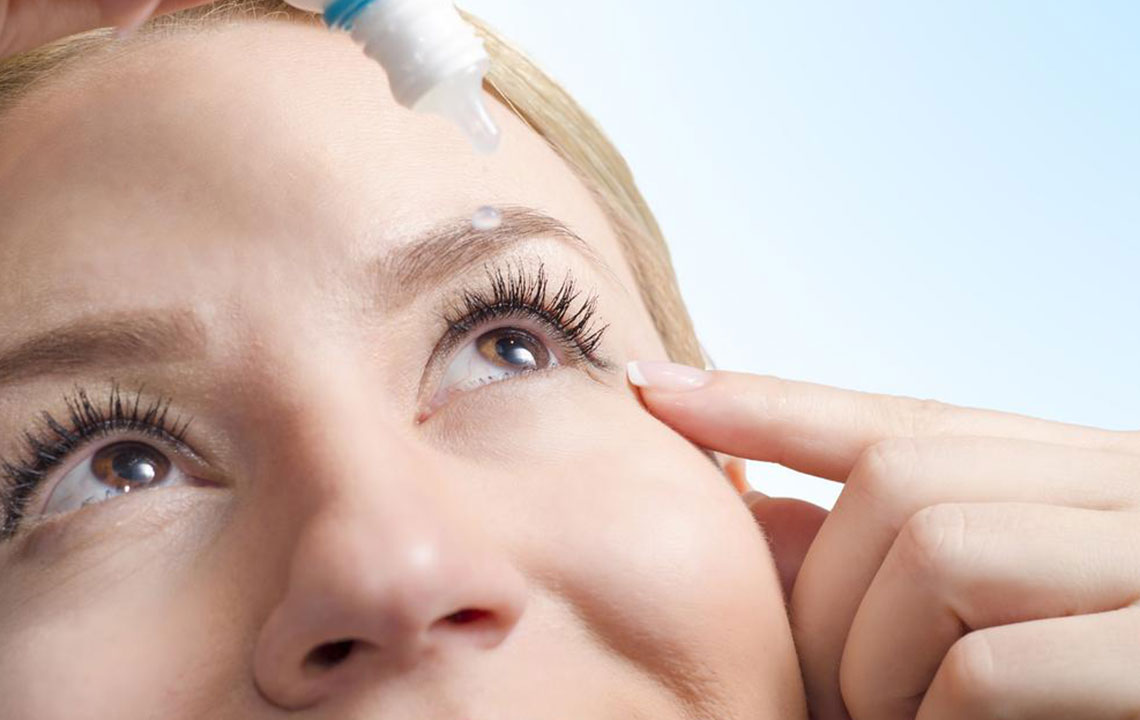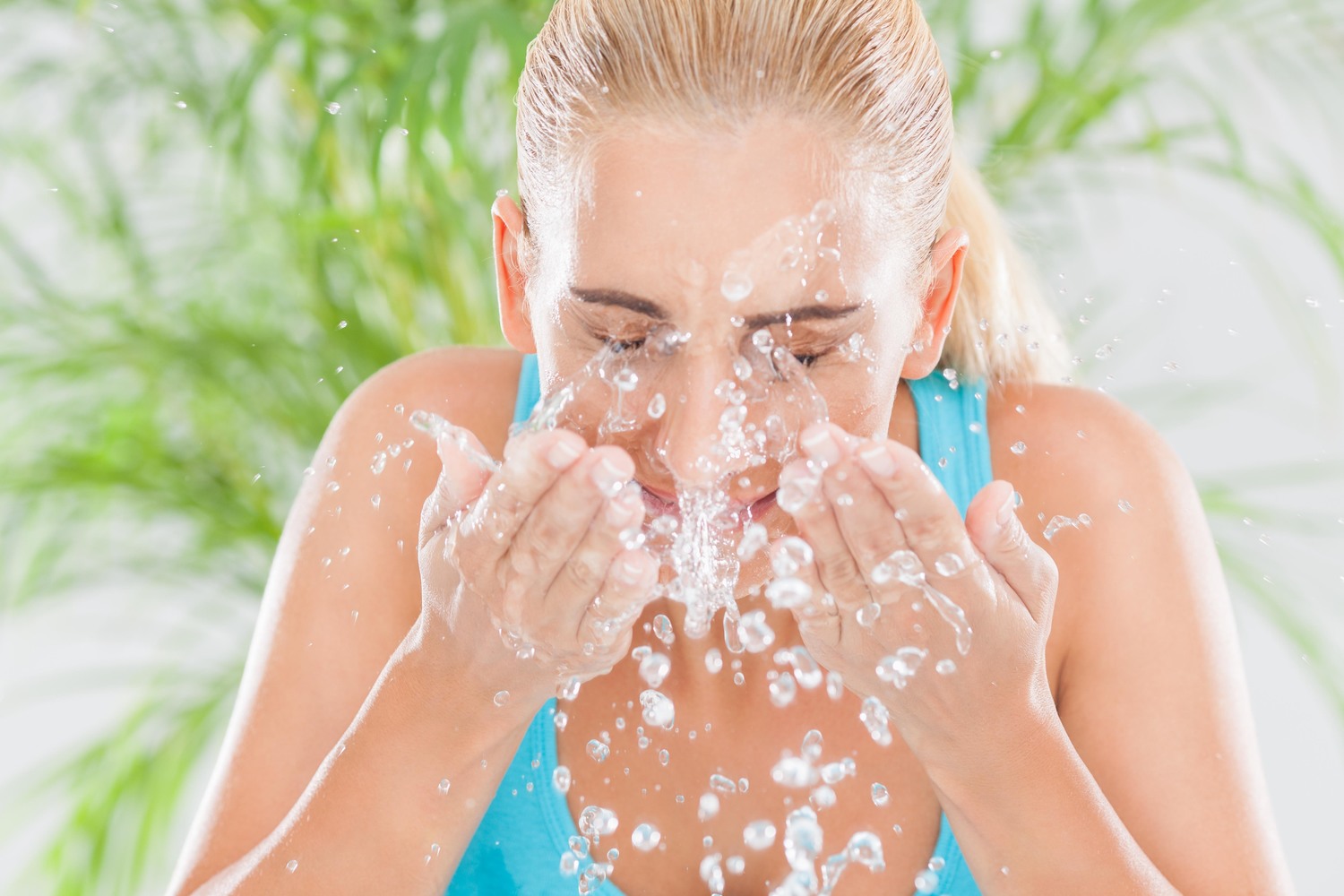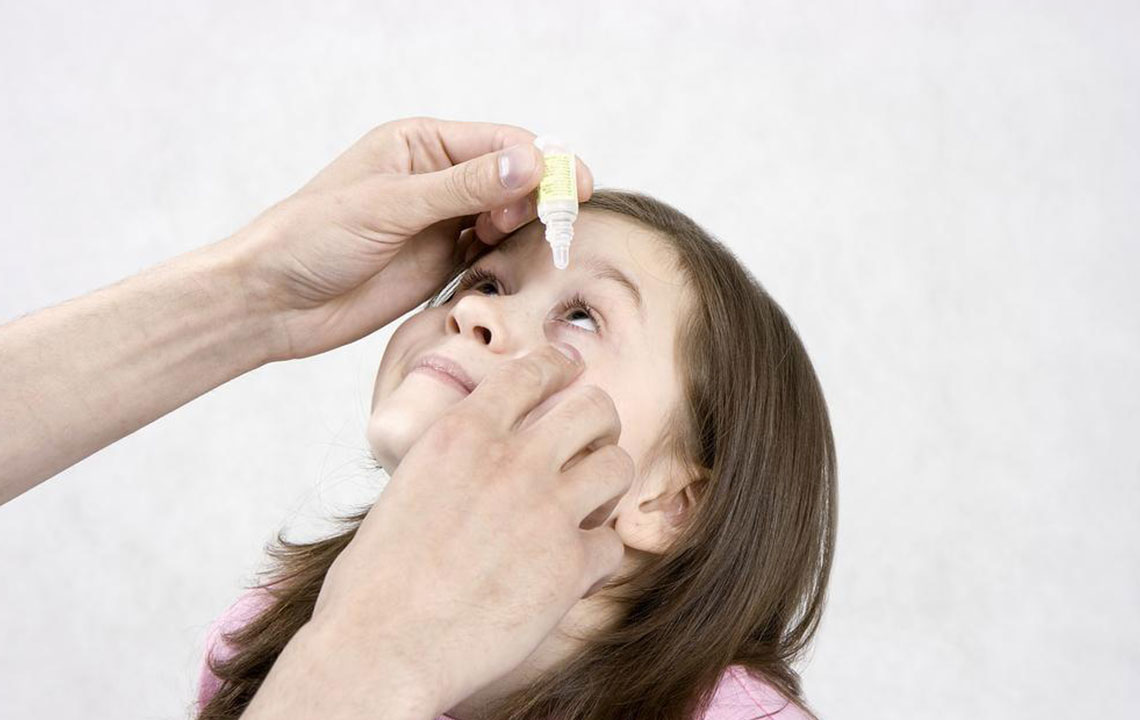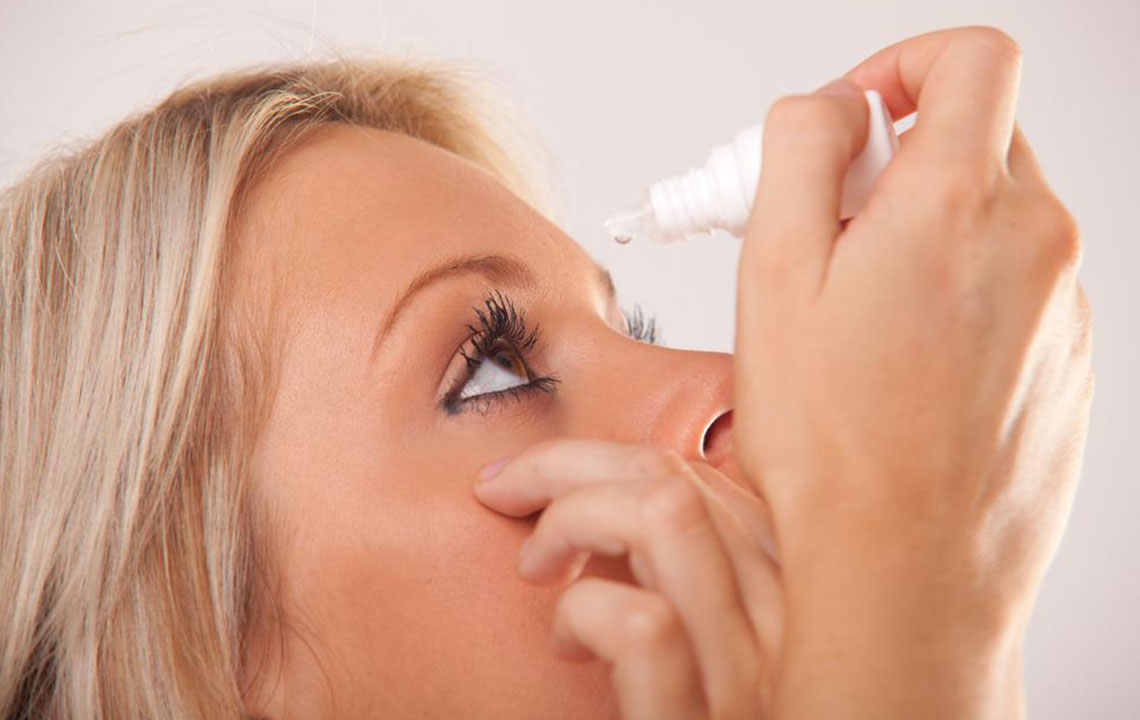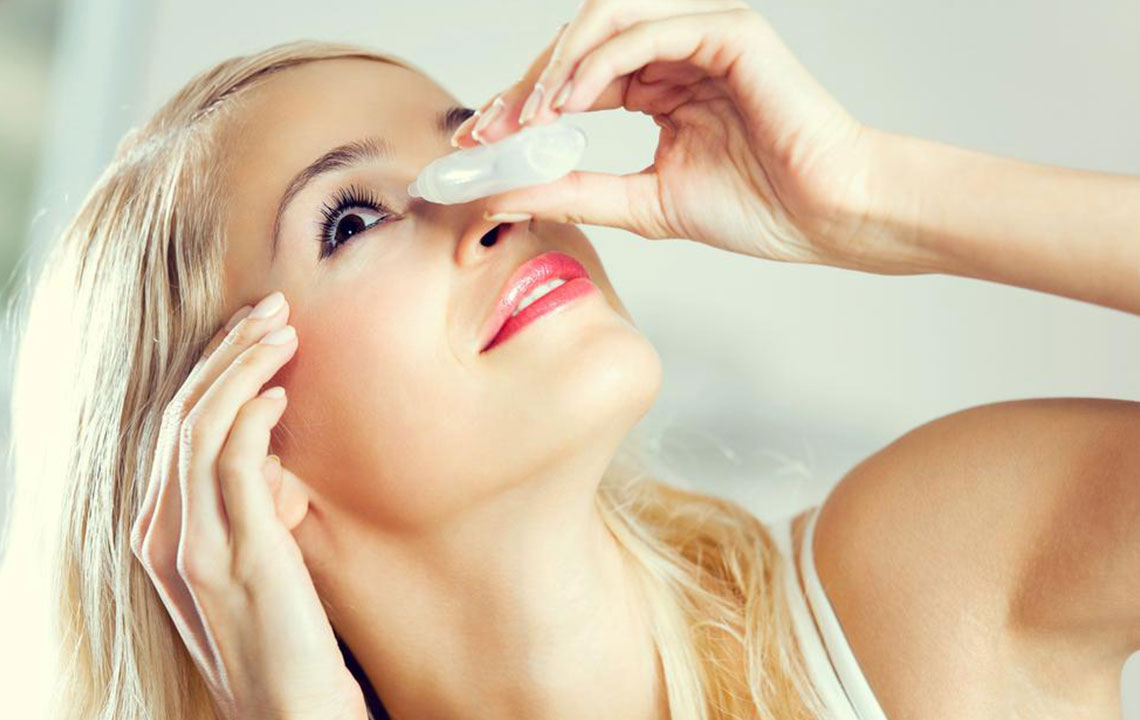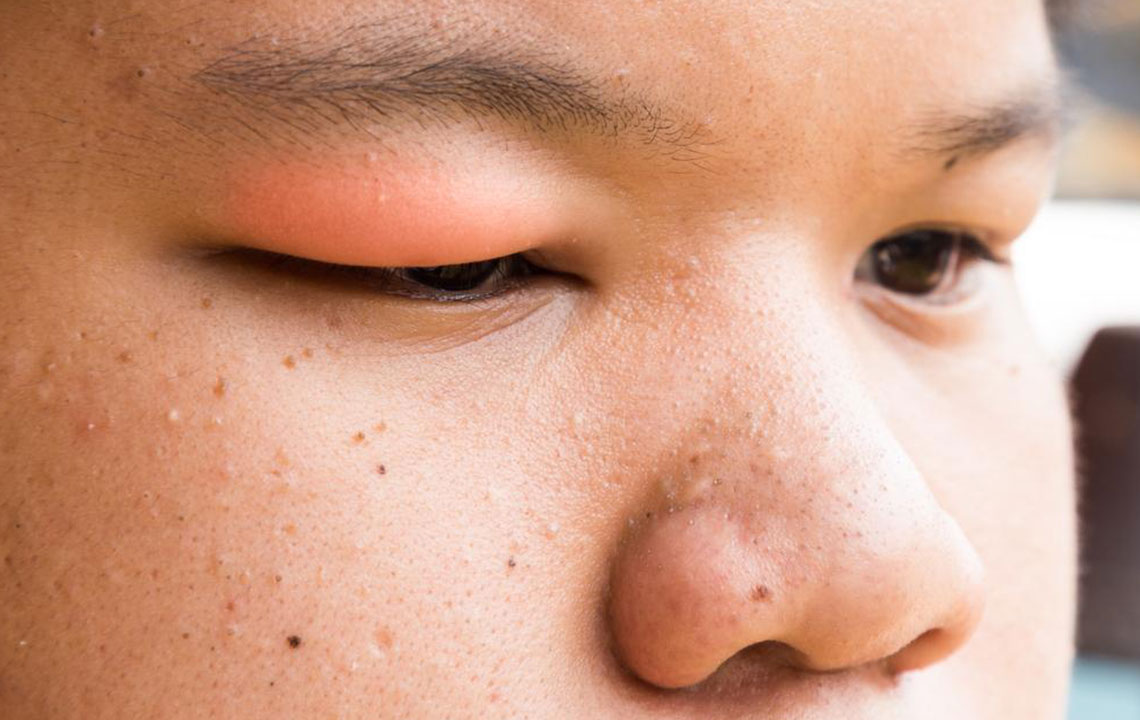Comprehensive Strategies to Relieve Chronic Dry and Itchy Eyes
This comprehensive guide explores effective solutions for managing chronic dry and itchy eyes. It covers natural remedies, medical treatments, lifestyle modifications, and preventive strategies. Learn how to relieve discomfort caused by dry eye syndrome and restore ocular comfort with practical and scientifically-backed methods. Ideal for individuals suffering from persistent eye dryness, this article provides actionable advice to improve eye health and quality of life, emphasizing the importance of professional consultation for severe or ongoing symptoms.

Comprehensive Strategies to Relieve Chronic Dry and Itchy Eyes
Persistent dry eye syndrome, a condition affecting millions worldwide, occurs when the eyes do not produce enough tears or when the tears evaporate too quickly, leaving the surface of the eyes dehydrated and irritated. This condition often results in a continuous sensation of dryness, redness, burning, and itching, significantly impacting the quality of life of those affected. People suffering from chronic dry eyes frequently experience discomfort that hampers daily activities such as reading, computer work, or even simple tasks like blinking normally. Understanding the causes and exploring effective treatments can help manage this condition and restore ocular comfort. In this comprehensive guide, we delve into the most effective solutions for managing dry and itchy eyes, supported by scientific insights and practical advice.
The underlying causes of dry eye syndrome are multifaceted, including environmental factors, lifestyle choices, and physiological conditions. Environmental triggers such as exposure to wind, pollution, smoke, or air conditioning can accelerate tear evaporation. Additionally, aging naturally diminishes tear production, especially in women post-menopause. Certain medications, contact lens wear, and prolonged screen time can also contribute to dryness and discomfort. Recognizing these factors is essential in implementing appropriate remedies and lifestyle modifications to alleviate symptoms effectively.
Effective Treatment Options for Dry and Itchy Eyes
Artificial Tears: One of the most common and accessible remedies for dry eyes is the use of artificial tears or lubricating eye drops. These eye drops work by supplementing natural tears, increasing moisture on the eye surface, and providing immediate relief from dryness and irritation. For mild to moderate symptoms, regular application several times a day can make a significant difference. There are various formulations available, including preservative-free options for sensitive eyes, and gel-based drops that offer prolonged lubrication without causing blurring or burning sensations. It's advisable to select the right type of drops based on individual needs and consult an eye care professional for personalized recommendations.
Steroid Eye Drops: In cases where dry eye symptoms are coupled with significant inflammation, healthcare providers might prescribe steroid eye drops. These medications help reduce inflammation of the ocular surface, decreasing redness and discomfort. However, steroid use should be strictly monitored by an ophthalmologist, as prolonged or improper use can lead to increased intraocular pressure or other complications. Therefore, steroid eye drops are typically reserved for severe cases or those with underlying inflammatory conditions.
Warm Compresses: Applying a warm compress is an age-old yet highly effective method to stimulate tear production and relieve dryness. The warmth increases blood flow and encourages the meibomian glands in the eyelids to secrete oils that help prevent tear evaporation. To perform this, soak a clean cloth in warm water—ideally around 108°F (42°C)—and gently place it over closed eyelids for about 5 to 10 minutes. Repeating this process several times daily can significantly reduce dryness and improve tear stability.
Coconut Oil and Natural Remedies: Coconut oil, renowned for its anti-inflammatory and moisturizing properties, can be an excellent natural remedy for dry eyes. When used cautiously, applying a tiny amount around the eyelids may help reduce inflammation and enhance moisture retention on the eye surface. Its fatty acids help maintain the tear film’s integrity, thereby preventing excessive evaporation. However, individuals should seek guidance from healthcare providers before using oils or other natural remedies in or near the eyes to prevent adverse reactions.
In addition to these primary remedies, lifestyle modifications play a crucial role in managing dry eye symptoms. Staying well-hydrated by drinking plenty of water, ensuring adequate humidity in living and working environments, limiting exposure to wind and direct air vents, and reducing screen time are all essential strategies. Employing proper breaks during prolonged computer or smartphone use can also help mitigate eye strain and dryness. Using screen filters or adjusting display brightness and contrast can reduce ocular fatigue.
When to Seek Medical Attention
If symptoms persist despite using over-the-counter remedies or if there is significant pain, vision changes, or discharge, it is vital to consult an eye care professional. Chronic dry eye can sometimes lead to more serious complications, such as corneal abrasions or infections, if left untreated. An ophthalmologist can perform comprehensive evaluations, identify underlying causes, and recommend tailored treatment plans, which may include prescription medications, lifestyle counseling, or advanced procedures like punctal plugs or thermal therapy.
Preventative Measures and Long-term Care
Preventing dry eye syndrome involves adopting healthy habits and making environmental adjustments. Regular eye check-ups can help detect early signs of tear deficiency. Wearing sunglasses or protective eyewear outdoors shields eyes from wind and debris. Managing systemic conditions like diabetes or autoimmune diseases also contributes to better ocular health. Moreover, incorporating omega-3 fatty acids into your diet has shown promising results in improving tear quality and reducing inflammation. Supplements like fish oil or flaxseed oil are often recommended by healthcare providers for their anti-inflammatory benefits.
Ultimately, managing dry eye syndrome requires a combination of effective treatments, lifestyle modifications, and regular medical oversight. With a tailored approach, individuals can experience significant relief from chronic dryness and itching, ultimately restoring comfort and enhancing their quality of life.
In conclusion, understanding the causes and implementing a multifaceted treatment strategy is essential for dealing with persistent dry and itchy eyes. From artificial tears and warm compresses to natural remedies and lifestyle changes, a comprehensive approach can help keep your eyes comfortable and healthy. Always consult a healthcare professional for personalized advice and advanced treatment options to ensure optimal ocular health.
